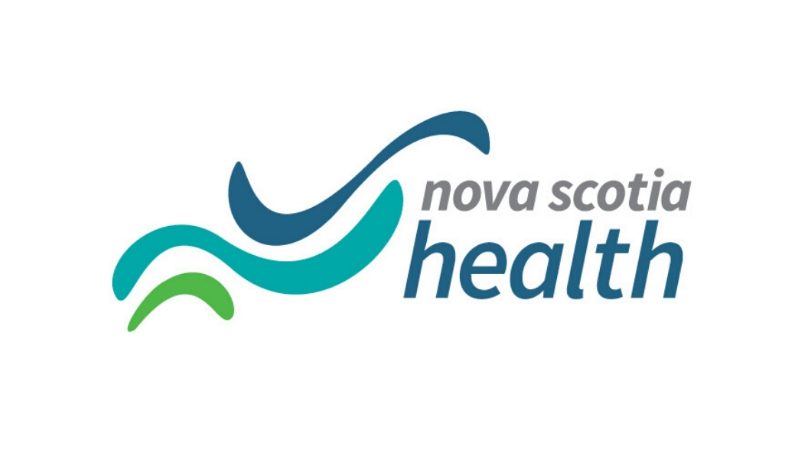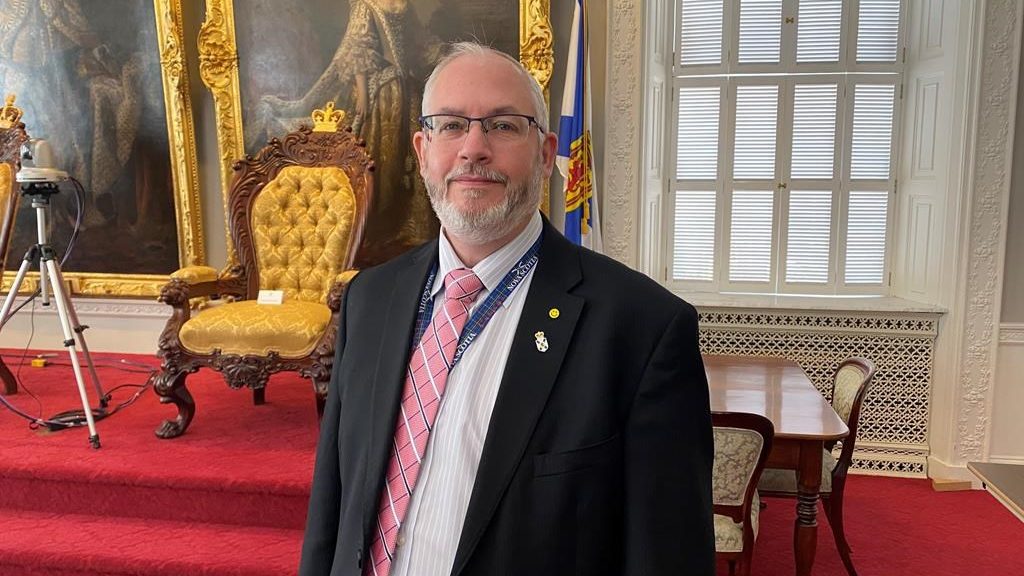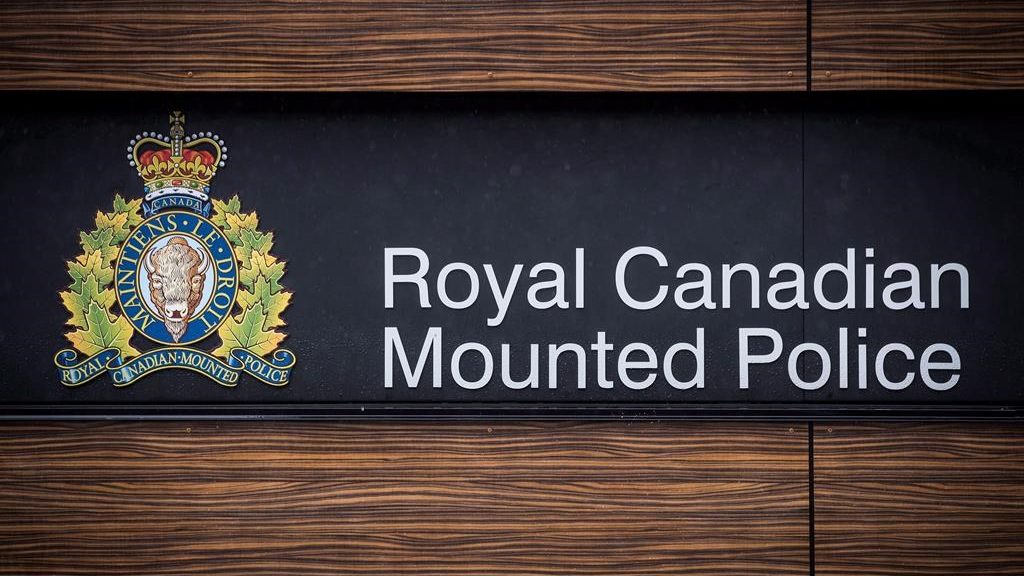Prince Edward Island to introduce HST by next April, business backs move
Posted Apr 18, 2012 05:25:26 PM.
This article is more than 5 years old.
CHARLOTTETOWN – Prince Edward Island plans to introduce the harmonized sales tax on April 1 next year — the same day the British Columbia government will scrap the HST.
In his budget speech on Wednesday, Finance Minister Wes Sheridan said negotiations have begun with the federal government to introduce a 14 per cent HST. That’s lower than the current 15.5 per cent combination of the GST and PST.
“This drop from the current rate of 15.5 per cent means the Island will have the second lowest sales tax rate in the Maritimes, instead of leading the country with the highest rate,” Sheridan said.
He said the province would not tax certain items including prescription drugs, home heating oil and children’s clothing, but it would cover more items, such as adult clothes and electricity bills.
“We can’t mitigate all effects,” Sheridan said.
It would be applied to gasoline, but Sheridan said the province plans other adjustments to keep gas prices competitive with the other Maritime provinces.
The government also plans to create a refundable tax credit of $150 to $200 to help those with family incomes below $55,000.
“We’ve had our farmers, our fishers, our tourism operators, our small business people asking for the HST,” said Premier Robert Ghiz. “Our condition was always, if we could do it without hurting low-income Islanders in the province.”
The changes are being welcomed by the business community.
“Right now the Island has the highest combined sales tax rate in the country — tied with Nova Scotia. This is going to bring them to a more competitive level within the region and across the country as well,” said Leanne Hachey, Atlantic vice-president of the Canadian Federation of Independent Business.
Luc Erjavec, Atlantic vice-president of the Canadian Restaurant and Foodservices Association, said he expects a boost in business because of lower prices.
“This is good for the restaurant industry because our customers are going to see lower prices at the till when the two taxes are combined,” Erjavec said.
Sheridan used the example of a Tim Hortons coffee, saying he expected the price would drop by three to five cents per cup.
The HST is now in Ontario, New Brunswick, Newfoundland and Labrador, Nova Scotia and British Columbia.
However, anger over the implementation of the tax in B.C. set off a provincewide referendum that saw it rejected last year, causing its removal next April. The B.C. government will have to pay back the $1.6 billion the federal government paid to the province in transition money.
Sheridan said he expects the HST would provide his province with an extra $25 million per year, and the province would get $25 million from Ottawa this year to help with the transition. It stands to get an additional $14 million in transition funds next year.
Progressive Conservative Leader Olive Crane called the tax change “a cash grab.”
“This government has fired social workers, family support workers, it’s ridiculous. Now they need money, that’s why they’re bringing in HST,” Crane said.
The $1.58 billion 2012-13 budget will see the public sector reduced by 300 positions over the next three years, with two-thirds of those cuts coming in this fiscal year. Sheridan said the “vast majority” of those cuts will come through attrition.
The budget also forecasts a nearly $74.9 million deficit — down from $78.6 million in the fiscal year that ended in March.
But the province’s net debt is expected to increase by $114 million. It will be $1.97 billion by March 2013, or about $14,066 for every man, woman and child in the province.
Health spending is going up by 4.1 per cent, but the budgets for most other departments are being trimmed by three to five per cent.
Fees, permits and the costs of various services will be increased, generating an extra $7.2 million.
Sheridan said he expects to deliver a balanced budget by 2014-15, a year later than originally expected.
Among new measures in the budget, the government will provide a $500 refundable income tax credit for volunteer firefighters.
The PEI Liquor Control Commission will introduce agency stores, allowing private operators to sell liquor. Sheridan said he expects six agency stores to be added this year.










